First, a little of my own story. As newlyweds who weren't trying to conceive, my husband and I weren't expecting to become pregnant only six months into our marriage, but I was thrilled. I recall announcing my pregnancy to my employer and being scolded for breaking the unspoken rule (of which I was unaware!) that you shouldn't tell people you're pregnant until you have passed the somehow magical twelve-week point of pregnancy. (The truth is pregnancies do end after twelve weeks -- and unannounced earlier losses aren't necessarily any easier to live through...alone.) Just a few weeks after my pregnancy announcement, I noticed I was bleeding. Immediately seeking medical care, I was devastated when I was informed that the embryo had not formed after implantation. Sadly, our tiny first baby had died very early in development. We were the first of our friends to get married and certainly the first to lose a baby, and I felt quite alone during that loss. Thankfully, I received support from our midwife and a local organization that still supports families going through pregnancy loss. When someone you know has announced their pregnancy, only to find out at some future time that their baby's life (or babies' lives) have ended before or during birth, it can be a confusing situation for loved ones. You might wonder what to say or do, and what not to say and do. Every bereaved parent grieves differently and has different needs, so the best practice is simply to ask, "What can I do for you?" However, in the midst of the fog and pain of grief, it can be difficult for bereaved parents to come up with any concrete answers to this question, so here are some general principles that are a good place to start. You can remember these tips with the acronym: SUPPORT. SPIRITUAL SUPPORT. Parents who have lost a child or baby have a real need for their spiritual community to encircle them with heartfelt prayers of blessing, sorrow, and hope; practical service; reflective listening; and genuine caring. As I was before my first pregnancy, many new parents may be blissfully unaware that pregnancies don't always result in gender reveal parties, glamorous baby bump photos, and picture-perfect nurseries, but instead end in physical pain, uncomfortable procedures, and a grave. Such a shock can be a significant challenge to their faith. Are they being punished for something they did in the past? How could a loving God allow them to live through such pain? Does God even care about what they are going through? The bereaved family has a right to experience their spiritual community (or even a loving friend of faith, if the family is not a member of a faith community) to accompany them through their grief. To assure them they are not being punished for past sins or mistakes. That God is with them in their grief. That He weeps with them. And please, unless you are truly a prophet with some extraordinary revelation, do not make the mistake of falsely promising that God will give them a baby in the future. Such false promises only ease your own discomfort at walking with this family's grief and can be a future source of pain and even loss of faith if the "prophecy" fails to come true. USE THE BABY'S NAME. While not all bereaved parents may choose a name for the baby who has passed away, it can be healing to do so. If they do choose a name, it is healing to their hearts to hear you use the baby's name. For example, "Can I see Talia's ultrasound photos?" or "Where is Easton's grave? I'd like to visit." Losing a baby is a unique pain because there may be very few or even no physical reminders of his or her existence once the loss is complete. There may be no birth certificate, no gravesite if the loss was early, no birth photos, perhaps not even any clothes or diapers left behind. Using the child's name assures the parents that their child did exist, although his or her life was brief. Using the baby's name is a way to demonstrate that you are bearing the burden of grief with the parent; he or she doesn't have to be the only person to bear witness to the unique value of the child's life. And if the parents do not choose a name, I suggest you refer to their child as "your baby" rather than clinical or dehumanizing terms such as "the fetus," "the product of conception," "the embryo," or "it." PHYSICAL SUPPORT. In the early days, weeks, or months, the trauma of loss may be very intense. Help the family with physical needs such as providing water bottles, food and meals, gift cards for food (or gas cards if the mother is hospitalized for an extended time), doing laundry, or cleaning house. However, do not try to be "helpful" by cleaning out the baby's nursery or putting away the baby's things, unless specifically asked to do so by the parents. While it will likely be painful for them to see the nursery or baby's clothes, toys, or other gear, it can be an important part of the healing process to live with these things for awhile as it helps assure them that the baby did live for a short while, even though he or she is no longer alive. When they are emotionally ready, it can be an important step in the parents' healing to personally be the ones to decide to put baby's items away or let them go. Don't try to hurry this step along without being asked by them, and thus rob them of what could be important steps in their healing journey. PATIENCE AND LISTENING. Be sensitive that grief for a baby may last a long time, longer than you expect. Avoid platitudes or cliches such as "you can have another;" "time heals all wounds;" or false beliefs such as "God took the baby because He needed another angel." Instead, listen, hand out tissues to catch tears, and offer a hug. Affirm the parents' feelings. "You sound really mad; that would make me mad, too." "You really needed someone to be there for you; I'm sorry I couldn't be there. I'm here now." "It sounds like you really miss not only the baby, but all the things you wanted to do with him / her." "You sound like you feel guilty about ..." Do your best to not judge the parents' feelings. Encourage them to get help from a trained mental health professional or spiritual counselor if they begin to seem overwhelmed by their grief. Offer to drive them to appointments as it can be difficult to do things like driving or finding new places when you are in the midst of deep grief and possibly a mental health crisis. ORGANIZE HELP. In coordination with your faith community, school community, neighborhood, workplace, or social club, organize help for the family with things like childcare for any older children, meals / meal trains and household help. If organizing things is not your strength, recruit someone who is good at it! Little by little, with healing and good support, the family will be able to resume these activities, but in the meantime, you can make a huge difference for this family.
TALK ABOUT THE BABY. A common myth is that you shouldn't talk about the baby because it will remind the parents about their child and make them sad. Trust me; they won't forget their child. Early in the grieving process, the bereaved parent will frequently be consumed by thoughts of their baby and the loss. As the grief journey matures, thoughts of the child will gradually become less frequent, but hearing that you still remember him or her will likely be very comforting to them. Bereaved parents need to know that their baby's life mattered and that they do not hold the sole burden of remembering this tiny, and very important, life. It has been many years since my first loss, and since then, I have had the blessing of seven living children, and the sorrow of several other losses. Thankfully, compared to my first loss of Kate Leilani in 1998, I experienced so much more awareness and support by my friends and community when I suffered the loss of my baby, Anais Zelie, in 2016. Hopefully, this list of practical ways to SUPPORT your loved one will help you so you can accompany your loved one through the loss of their precious baby. Comment below and let me know if this list was helpful to you! What would you add? RESOURCES FOR FAMILIES EXPERIENCING PREGNANCY OR INFANT LOSS
Halos of the St. Croix Valley. For St. Croix Valley residents in Minnesota and Wisconsin, and Twin Cities area residents, Halos provides emotional and financial support for families experiencing the loss of a child at any point from pregnancy through age 20. Catholic Miscarriage Support. A website with practical resources for Catholics about miscarriage and links to sources of support, for miscarriage and stillbirth, throughout the USA.
0 Comments
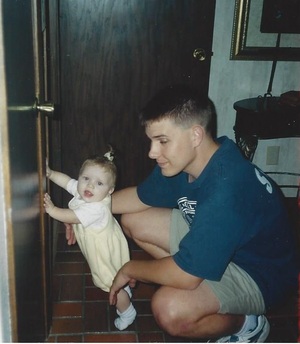 Chris & E-R shortly after his AK trip Chris & E-R shortly after his AK trip When our eldest daughter was nine months old, Daddy went to Alaska for his annual commercial salmon fishing adventure...er...business trip. The trip was to last for four weeks. The change in our normally exceedingly placid daughter was astounding. For three days, she cried inconsolably. We far underestimated how important her father was to her, even at such a young age. Needless to say, that was the last time Daddy left for such a long time. When Daddy finally returned, I took her to the airport to pick him up. I remember in vivid detail what happened next. He greeted us in his usual exuberant way. Ready to be done with my "adventure" in single parenting, I was thrilled to see him. She just looked at him for a brief moment and lost interest. She had forgotten her own father in four weeks. He sat next to her car seat on the trip home. He started joking and playing with her. Her eyes suddenly sparkled with recognition; one might even say with amazement. Sometime in that trip home from the airport, she realized that her long lost daddy had returned. According to CDC data from 2001-2006, Minnesota ranked as the sixth lowest state in the Union for maternal mortality, with 5 maternal deaths per 100,000 liveborn infants. Wisconsin’s rate was over double Minnesota’s with 10.9 maternal deaths per 100,000 liveborn infants, putting Wisconsin in the lower half of the states at 29th lowest. Compared to a maternal mortality rate of 12.1 for the United States as a whole, both Minnesota and Wisconsin are doing maternal health care rather well. But compared to the Healthy People 2010 goal of no more than 3.3 maternal deaths per 100,000 live births, both states have room for improvement. Recently, a 32 year old Minneapolis woman with a two week old infant suddenly died of unknown causes, though the death may have been related to a blood clot. Her sudden loss leaves a terrible hole behind in her family and community, and her loss is also experienced by her infant. 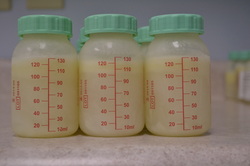 While, thankfully, most of us will not personally experience maternal mortality among our family or friends, it is important to be prepared should it occur. Those surrounding this Minneapolis family have rallied to their aid, offering practical help including breast milk donations. Offering mother’s milk cannot begin to fill the hole left by the death of the baby’s mother, but it does provide practical "next best" nourishment for the child, and no doubt eases the emotional strain on the surviving family. For those interested in learning more about donating breastmilk (though not directly to this family)—or those who need to be on the receiving end—the Health Foundations Family Health & Birth Center takes and offers donations, as does the University of Minnesota Medical Center, Fairview. Several other groups that have local chapters for milk sharing are Eats on Feets and Human Milk for Human Babies. Donors are most often breastfeeding moms who pump or express milk above their own baby’s needs, milk that can be shared with another baby. A less commonly known source of breastmilk is the mother who has lost a baby. It is possible to pump or express and collect milk for a time to donate to another baby in need, a gift known as “Legacy Milk.” For more information, please contact me. 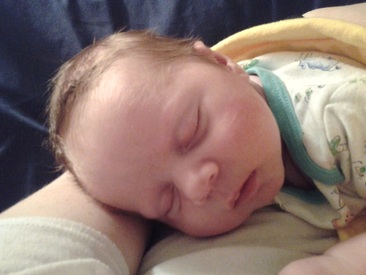 While her milk is invaluable to her baby, a mother is more than just a source of food and comfort. Even very young babies grieve the loss of those closest to them. All babies, especially very young ones, need lots of holding and attachment. For babies who have lost a mother or father, this need is even greater. It is ideal if another person can take up where the mother was forced to leave off due to her unexpected passing away—helping the baby to bond with one other person is key to the baby’s normal emotional development. The infant will need lots of holding and skin-to-skin contact. Swaddling and infant massage will also help baby to feel more secure during this difficult time. Talking with the infant about what happened is important; even if he or she does not understand the meaning of the words, the tone of understanding that baby misses his or her mother and your desire to be a source of comfort will come through loud and clear. It is said that the hardest thing a parent can endure is the loss of a child. It is not as commonly said that the hardest thing a child can endure is the loss of a mother (or father). Simply because a person cannot express his or her sorrow in words does not mean it does not exist. Baby may express his grief in long bouts of crying, or in sleeping more—or less—than usual, or changes in feeding patterns. While it is crucial that the very young baby form a close attachment to one person, it may feel overwhelming for a widower to cope with these changes in the baby’s behavior in addition to dealing with his own grief. Friends and extended family can be a real blessing if they pick up the slack and spell the surviving parent or other caregiver with the tasks of feeding, holding the baby, changing diapers, giving the survivor an opportunity to shower or eat a meal, providing meals, housecleaning, or helping with the care of older children. Simply knowing that you are praying for them will give them courage and hope. Surrounding the infant and his or her family with love and support is an invaluable gift that will help the family—and the baby—to recover in time. The family will never be the same as it was before, but it will develop a new normal and can grow strong again. For More Information: Alan D. Wolfelt, Ph.D., Helping Infants and Toddlers When Someone They Love Dies Early ultrasounds often detect the presence of two babies, yet as the pregnancy proceeds, one of the embryos dies and slowly disappears, his body absorbed by the placenta, the mother, or his twin. Though more probable as the title of a Nancy Drew mystery, this unnerving process has been named the Vanishing Twin syndrome. The reabsorption process may be accompanied by bleeding or cramping, or it may be completely unnoticeable. A silent death. A quiet loss. The only witness is the other twin. I did not have any early ultrasounds; a seemingly uneventful first trimester made scans unnecessary. I distinctly recall noticing a teeny spot of blood sometime near the end of the first trimester, but that was all, and certainly within the norm. I didn't bleed at all for the rest of the pregnancy. About twenty weeks on, I thought I was miscarrying. Lower back pain...cramping...but no bleeding. A quick scan revealed just one baby, our son lying healthy in my womb, his little heart pumping. It even looked like he waved at us. That scan failed to detect the second placental lobe, so despite a 'feeling' early on that perhaps there were twins, these miscarriage symptoms, and some dreams of multiples, there was nothing that occurred during the pregnancy that should have led us to explore the possibility of the existence of a twin. Wondering if you had another child, but not knowing for certain, is bewildering. We tend to think that 'bewilderment' is synonymous with 'perplexing', but its etymology means 'to be thoroughly lead into the wilderness'. The wilderness of the human heart. I am lost in the deafening silence of the forest, uncertain whether to fully enter into the valley of the shadow of death, or retreat to the safety of my happy home life. Like the mother of a missing child, I am stuck. There is a time to mourn, says Ecclesiastes, but is it that time? Am I deceiving myself--am I a fool, if I embrace the pain of loss--am I mourning a shadow, an imaginary child? Or do I dishonor a very real baby who is gone by failing to believe, by needing proof before careening heart-first through the remaining trees into the ravine of grief? An uncertain grief, a tentative grief, feels like I am playing make-believe with my heart, and it will have none of it. Yet with no chance in this world to ever know for certain, it remains a quiet, unresolving pain. Despite scouring the internet for information on vanishing twins, for information on the grieving process complicated by this syndrome, I have been sorely disappointed. This is a relatively common situation, yet sadly, it appears that very little practical help is available. The few articles I could find concerning grief and vanishing twins seem geared to the loss of a multiple later on in the pregnancy, as if grief is only appropriate when the child you lost is a fetus. Yet despite that, I am grieving my little lost embryo. I am grieving the experience of a twin pregnancy, since I didn't even know there were twins until it was already over. I am grieving the experience of birthing twins. I am grieving the experience of nursing twins. I am grieving the experience of raising twins. My heart has fallen off a wall and shattered and 'all the king's horses and all the king's men' couldn't put it back together again. I have hesitated to share this part of my story. I have hidden it away. The dramatic circumstances surrounding my surviving son's birth seemed so fantastical that I thought that telling this part of my suffering would be 'too much' for others. But it is hurting so much to keep it in. I believe that I have hidden it away because I just couldn't bear to hear the stupid things people say to grieving parents--especially if there is a survivor. Let me make this clear--the existence of another child cannot replace the one who isn't with you. The love for one child is a unique irreplaceable love. You would never tell someone whose mother died that they should be oh so grateful that their father was still alive, would you?? So please let's retire the ridiculous notion that if a parent has at least one living child, that they should not grieve the death of another. I have had the strange honor of welcoming five babies in my womb who died in a way that would make each of them especially easy to discount. My first two babies were each a "blighted ovum"--a bizarre name for an equally bizarre condition in which the fertilized ovum implants but the part that is supposed to form into the embryo never develops. Only the placenta grows for a time until the woman's body realizes that something has gone wrong, and begins the process of emptying the womb. My next two losses were "chemical pregnancies"--another odd name--a situation in which an egg is fertilized (...tiny human person created...), begins to produce the hormone hCG (...positive pregnancy test...) but something goes wrong very early in development and the woman has her period (...actually an early miscarriage). And with this recent loss, it isn't clear what happened, but it appears that, assuming that the second lobe and possible remnants of the cord were from my son's twin, there was a little human person who died fairly early on after implantation. And then his / her little body was completely absorbed. I grieved my first two babies with a pain so intense it was debilitating. My next two losses were much less painful for me. But this one is so very different from the other four. I look at my beautiful son and I see his beauty and his intoxicating little person who draws me into love for him. But I also see a shadow. I see someone who should have been there, with him, but isn't. I look at twins and I wonder what his twin would have been like. Was his twin a boy or a girl? Would they have both had the same color of hair? What color would this baby's eyes have been? Would he or she have snored and snuffled at night, like our son does? How could I possibly have nursed them both? How could I have not? All I know are questions. All I feel is an empty cavern, with the pieces of my heart, my broken heart, cascading ever down. Yet God touches me with moments of hope. "Lift up your heart," He said to me, through the person of the priest, at Mass. I see myself lifting up my heart, all the shattered pieces, knowing He can melt them back together with His tears. Because He does grieve with me--He authored the words: "Mourn with those who mourn." He was a man 'well acquainted with sorrow'. Jesus wept. He healed with a touch...a word from afar...even with the hem of his garment. And I know His tears can heal.
Health Foundations Birth Center (St. Paul, MN) recently published a great list of local, regional, and national organizations ready to help families facing loss. To add to their list, please keep in mind St. Croix Birth & Parenting. The Tiny Treasures Love Cupboard is now open! A Love Cupboard is a clothing donation program for families experiencing loss, run by volunteer coordinators, and sponsored by Stillbirthday. What will families find in the Tiny Treasures Love Cupboard? Families facing and experiencing loss will find a variety of hand-made tiny/micro-preemie, preemie, newborn and small infant clothes and baby blankets in both gender-neutral, boy, and girl styles, made by Team Tiny Treasures, a group of talented volunteers who knit, crochet, and sew. The clothes can be used in the interim, if the length of the baby's life is uncertain; or to dress the baby after he or she has passed away. We also provide maternity clothes for families facing financial difficulties--common when your pregnancy is high-risk. Here are some examples of lovely donations available now to receiving families, and made by members of Team Tiny Treasures: 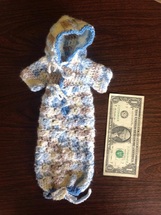
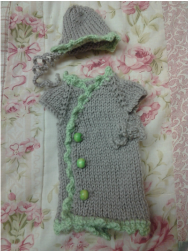
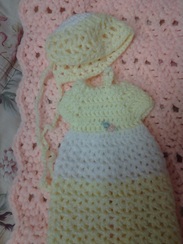
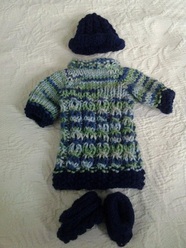
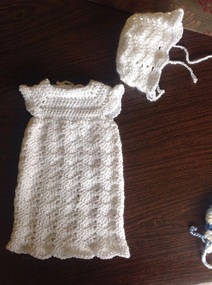
Team Tiny Treasures would love to expand! We are especially looking for additional seamstresses who can make bereavement diapers and tiny shrouds/wraps for miscarried babies. We are also in need of additional crocheted burial cocoons. Patterns are available from St. Croix Birth & Parenting. We would especially love to welcome jewelry makers who would be willing to make matching mom/baby bracelets. If you aren't the crafty type, financial gifts are always welcome which we will use to purchase items for memory baskets or to ship items to families who are located out of the area, or families who cannot visit the Tiny Treasures room. Gifts of new or like-new baby clothes up to size 0-3 months and gently used maternity clothes are also welcome! Contact us for more information, to volunteer, or to donate items.
|
Details
Archives
November 2023
Categories
All
Enter Your Email Address to get St. Croix Birth Blog Posts in Your Inbox(We don't collect your email address and you won't get anything else from us.)
|
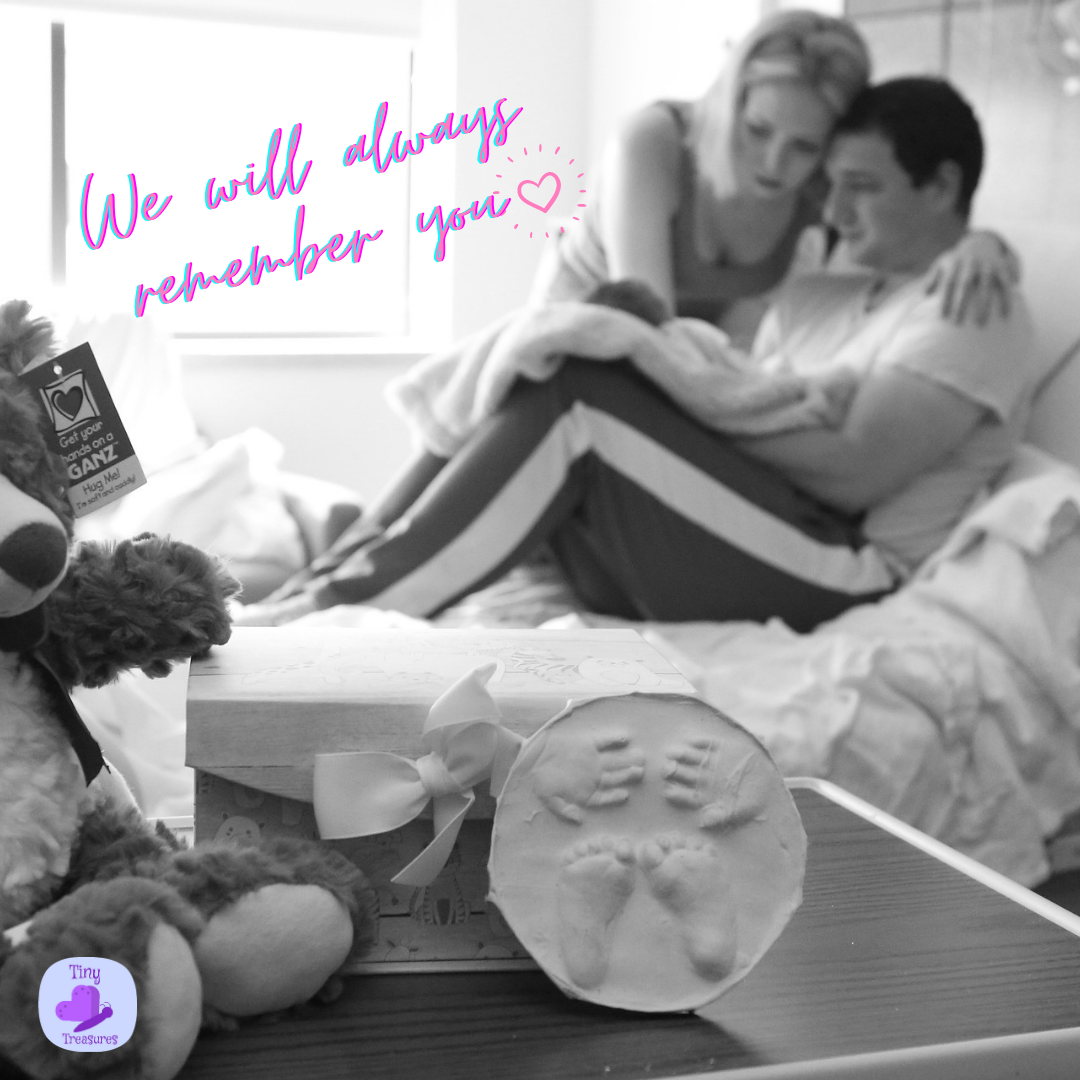
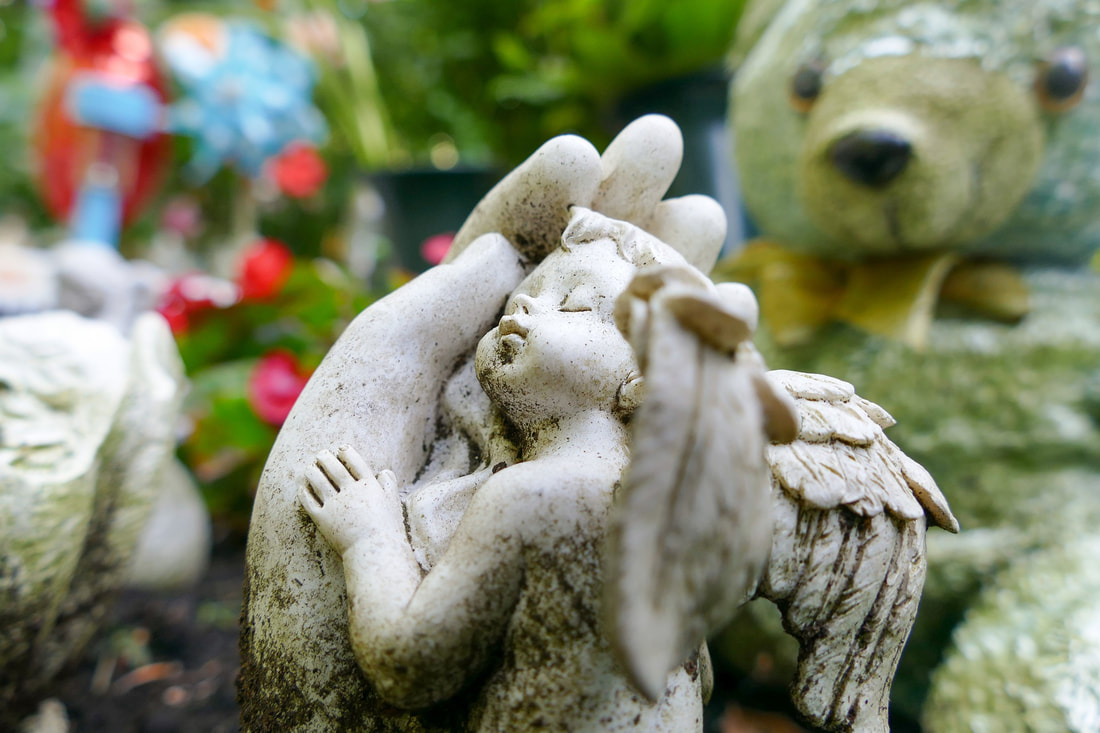
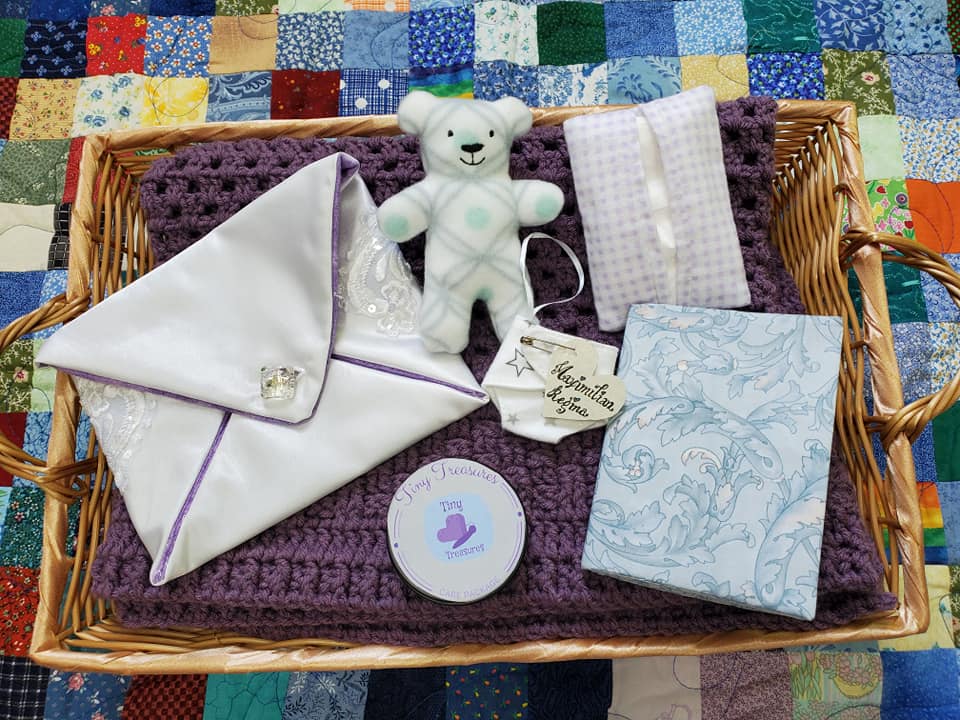
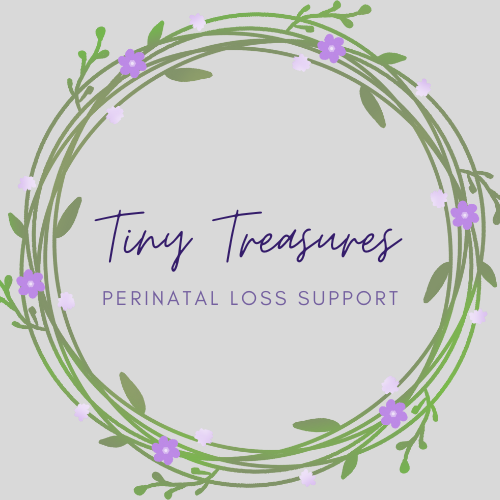
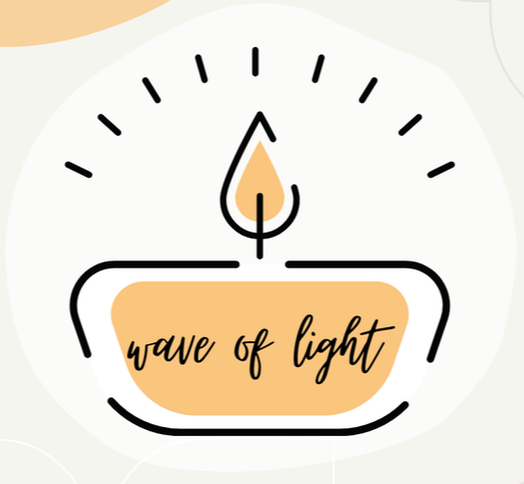

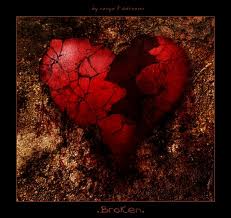
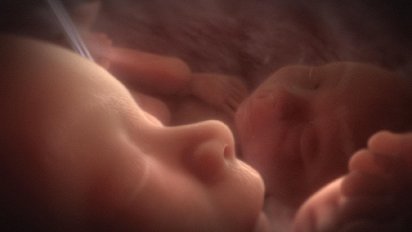
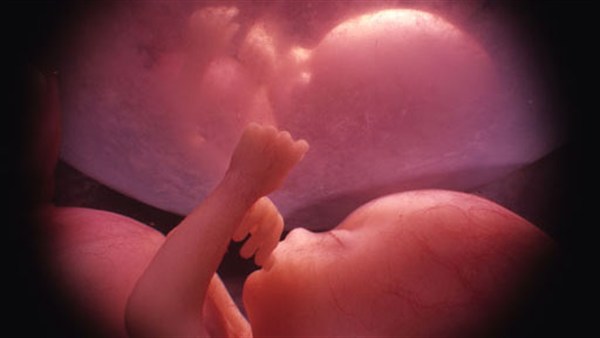

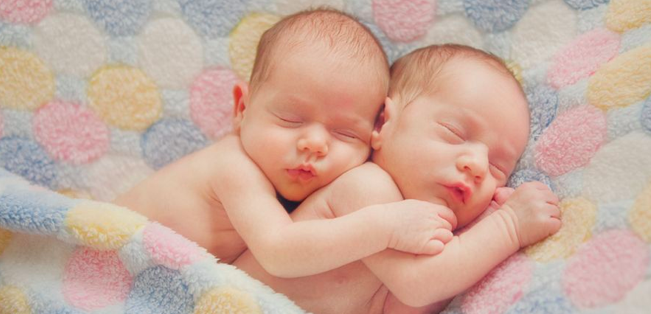


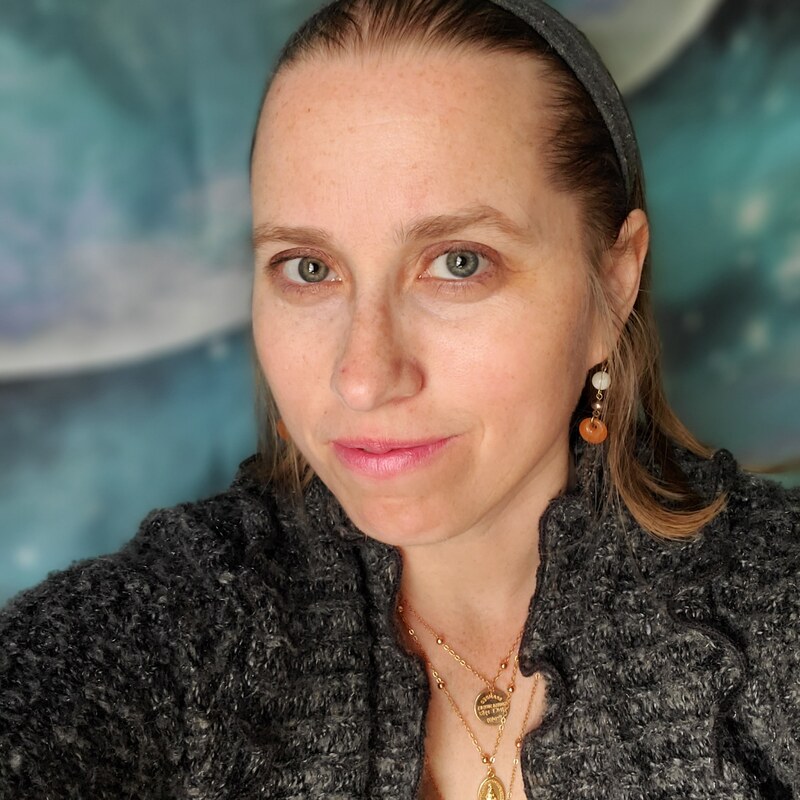
 RSS Feed
RSS Feed